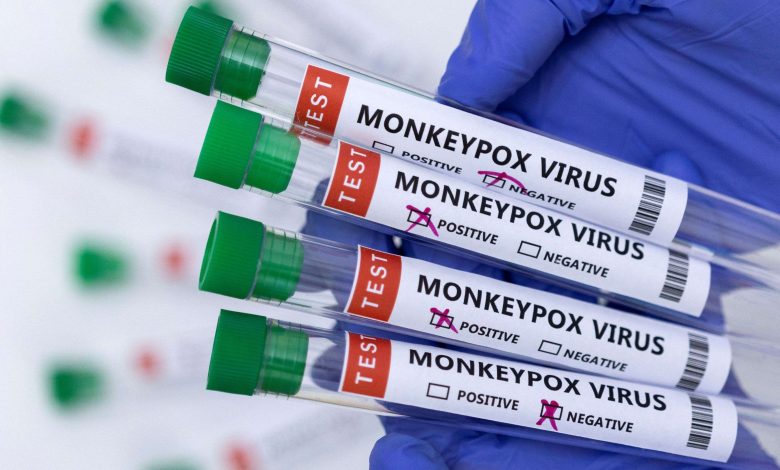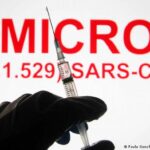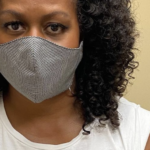The U.S. Responds To Monkeypox Outbreak With 296k Vaccines

The United States will deploy 296,000 doses of Jynneos monkeypox vaccine — the preferred vaccine — over the coming weeks and is expanding eligibility for vaccination.
Of those, 56,000 doses will be made available immediately. By the end of the year, HHS expects to allocate 1.6 million doses, according to a June 28 news release. The agency said doses will be allocated using a tiered distribution strategy to prioritize jurisdictions with the highest monkeypox case rates.
Under the new vaccination strategy, it will be available to anyone with confirmed or presumed monkeypox exposure. Previously, it was recommended for those only with a confirmed exposure.
“This includes those who had close physical contact with someone diagnosed with monkeypox, those who know their sexual partner was diagnosed with monkeypox, and men who have sex with men who recently had multiple sex partners in a venue where there was known to be monkeypox or in an area where monkeypox is spreading,” HHS said.
As of June 28, 306 cases have been confirmed across 27 states and Washington, D.C. California currently has the highest number of cases in the nation, with 66 confirmed infections.
Three more updates:
1. The Biden administration said expanding access to testing is another priority in its monkeypox response strategy. Last week, the CDC started shipping monkeypox tests to five commercial labs — Labcorp, Mayo Clinic Laboratories, Quest Diagnostics, Aegis Science, and Sonic Healthcare. They will begin performing tests in early July and ramp up capacity throughout the month. “This action will dramatically expand testing capacity nationwide and convenience for patients and healthcare providers,” a White House news release said.
2. The CDC June 28 activated its emergency operations center to enhance its response to the monkeypox outbreak. “This action stands up the CDC’s command center for monitoring and coordinating the emergency response to monkeypox and mobilizing additional CDC personnel and resources,” the agency said. More than 300 staff work in the center and are collaborating on local, national, and international response measures.
3. The World Health Organization during a June 25 meeting decided the monkeypox outbreak does not constitute a public health emergency of international concern at this time. The agency’s committee could reevaluate the decision in the near future, depending on how the outbreak evolves. Globally, there have been more than 3,000 cases reported since early May.
Monkeypox is a viral zoonosis (a virus transmitted to humans from animals) with symptoms similar to those seen in the past in smallpox patients, although it is clinically less severe. With the eradication of smallpox in 1980 and the subsequent cessation of smallpox vaccination, monkeypox has emerged as the most important orthopoxvirus for public health. Monkeypox primarily occurs in central and west Africa, often in proximity to tropical rainforests, and has been increasingly appearing in urban areas. Animal hosts include a range of rodents and non-human primates.
Public health officials have been closely tracking the ongoing global outbreak of monkeypox, with the World Health Organization announcing on June 17 that there have been over 2,000 cases and one death since the beginning of this year.





